Defending Maine domestic violence charges
Being charged with domestic violence in Maine is a serious legal matter with consequences that can impact your freedom, reputation, and future. Whether the allegation involves a spouse, partner, or family member, the legal system treats domestic violence cases with urgency and severity.
At The Maine Criminal Defense Group, we understand what’s at stake. Our experienced criminal defence lawyers work to build strong, strategic defenses tailored to the specific facts of your case. In this article, we explore some of the most effective legal defenses to domestic violence charges in Maine—and how the right strategy can help protect your rights and your future.
Call 207-571-8146 or contact us online to schedule a consult with one of our highly skilled criminal defense & OUI lawyers, serving Southern Maine, today.
Table of Contents
What is domestic violence in Maine?
Title 17-A §207-A of the Maine Criminal Code provides the definition of domestic violence in Maine. It involves abuse directed at a “family or household member” or “dating partner,” which includes:
- Current or former spouses
- Parents of the same child
- Adult household members
- Minor children, and
- Individuals living together or who are/were in a sexual relationship
Anyone accused of domestic violence may be charged with criminal offenses such as assault, criminal threats, terrorizing, stalking, reckless conduct, or breaches of protection orders.
Common misconceptions regarding domestic violence
A popular misconception about domestic violence is that the abuse is physical. Physical abuse is the type most commonly reported to the authorities (including hitting, slapping, punching, or the use of a weapon) but it may also be emotional, psychological, or even financial.
Domestic violence encompasses threats of violence or intimidation—and even harm to pets—so it includes a much broader spectrum of abusive behaviors in a domestic setting than most people realize.
Another common misconception is that nobody would make claims of domestic violence if they were not true. Clear evidence of abuse may be scant and cases often hinge on the credibility of the accusations—but misunderstandings and wrongful accusations are relatively common. Even false accusations can unfairly impact lives and relationships.
Another misconception is that once a report of domestic violence has been filed, the complainant can drop the charges. This is not the case, as only the District Attorney’s office can elect whether to drop charges against a defendant for domestic abuse.
Potential consequences of a domestic violence conviction in Maine
The penalties for domestic violence offenses are very case-specific. The same offense in two separate cases might incur different punishments based on the circumstances. The following penalty guidelines generally hold:
First-time offender penalties
Most domestic violence first offenses are considered Class D crimes (misdemeanors) in Maine and are punishable by:
- A maximum of one year (364 days) in jail
- A maximum of $2,000 in fines
- Mandatory probation
- Completion of a “certified batterer’s intervention program”
Second-time offender penalties
Second domestic violence offenses are usually charged as Class C crimes, which are felonies in Maine. This applies regardless of whether the underlying offense would normally be considered a felony—another reason to avoid a conviction for any domestic violence charge.
The following punishments apply:
- A maximum of five years in prison
- A maximum of $5,000 in fines
- Mandatory probation
- Completion of a “certified batterer’s intervention program”
Note that some very serious domestic violence offenses may be classified as Class B crimes, which carry a maximum sentence of 10 years and a maximum financial penalty of $10,000.
Call 207-571-8146 or contact us online to schedule a consult with one of our highly skilled criminal defense & OUI lawyers, serving Southern Maine, today.
Best strategy to defend a domestic violence charge
If you’re arrested and charged with a domestic violence offense in Maine, your priority should be to seek representation from a seasoned criminal defense lawyer with experience in defending such cases.
Your attorney will protect your rights. For instance, exercising your right to remain silent should apply most of the time during the initial interrogation by law enforcement. Your rights regarding bail and pre-trial release will also be explained.
A criminal defense lawyer will also provide legal guidance, help you navigate the legal procedures that face defendants, and discuss a viable defense strategy.
Together, you will work on gathering evidence and documentation to support the defense strategy. This may include photographs, text messages, emails, journal entries, witness statements, etc.
Domestic violence defenses are usually based on one of the following arguments:
Self-defense or defense of others
The self-defense argument requires demonstrating that your actions were taken to protect yourself or others from imminent harm or bodily injury. However, this defense will only be successful if you can prove the following elements:
- Reasonable belief of an immediate threat of harm to you or someone else
- Proportional response to the perceived threat
- Lack of aggression or provocation of the situation
These elements must be supported with sufficient evidence, such as witness testimonies, photographs, medical records, etc.
False allegations
This defense strategy usually involves contradicting the accuser’s account and presenting evidence to support claims that the story was fabricated or the accuser is motivated by revenge or jealousy (sometimes to gain leverage in a divorce or custody dispute).
Mistaken identity
Mistaken identity is a valid but rarely used defense in domestic violence cases in Maine. The mistake can be intentional or unintentional. To present this defense, a viable alibi or other evidence (e.g., video surveillance footage) must normally be presented to the court.
Lack of evidence
Depending on the strength of the case against a defendant, a lack of evidence can be argued to create “reasonable doubt” of guilt. A seasoned criminal defense lawyer will thoroughly comb through all of the evidence, including medical records and witness statements, to identify weaknesses, inconsistencies, or unreliable information in the case.
Remember, reasonable doubt of guilt is enough to result in an acquittal for anyone accused of a crime in Maine.
Can a domestic violence charge be dropped in Maine?
Domestic violence charges may be dropped by the prosecutor in the District Attorney’s office—but not by the individual who filed the complaint with law enforcement. That is one of the common misconceptions about domestic violence cases outlined earlier.
The District Attorney’s office has a team of staff and prosecutors who handle domestic violence cases. Victim advocates will contact the individual who made the complaint and explain the process. If the complainant wants to drop the complaint, expressing this may help to get the charges dropped but it is not determinative.
A complainant can also contact the defendant’s attorney to confirm that they want the charges dropped—but contacting the defendant directly is inadvisable as it can result in a breach of bail conditions, which could create further legal issues for the defendant.
Why you need a criminal defense lawyer to defend your domestic violence charges
A criminal defense attorney will increase the chances of escaping not only the immediate penalties, but also the longer-term consequences of a criminal record, such as problems with employment, education, travel, immigration status, etc.
The words and actions of the defendant immediately after an arrest are critical in domestic violence cases. It’s advisable to contact a criminal defense attorney as soon as possible to protect your rights, prevent words and actions that could worsen the situation, and begin work on the best possible defense to the charges.
Defending a domestic violence charge can be emotionally and mentally challenging because defendants may not be able to contact family members and may suffer social stigma and reputational damage. The support of a defense attorney can be especially valuable during this difficult period.
For experienced legal help and support with a domestic violence charge, call the Maine Criminal Defense Group at 207-571-8146 for an initial case evaluation.
Call 207-571-8146 or contact us online to schedule a consult with one of our highly skilled criminal defense & OUI lawyers, serving Southern Maine, today.
Blog Articles
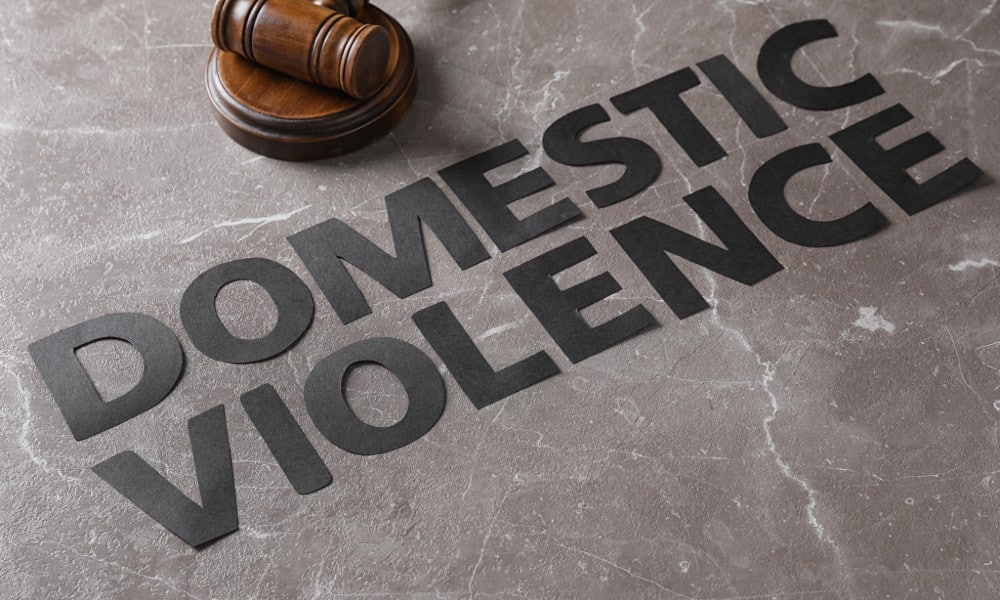
A domestic violence conviction can have serious consequences in Maine Assault, criminal threatening, and reckless conduct in domestic settings can all be classed as domestic violence in Maine—and criminal charges[...]

Defending those accused of domestic violence in Southern Maine Assault, criminal threatening, and reckless conduct in domestic settings can all be classed as domestic violence in Maine—and criminal charges can[...]

Sexual assault and sexual battery both refer to criminal offenses where a victim does not provide consent to sexual contact. This contact may or may not involve penetration, force, violence,[...]
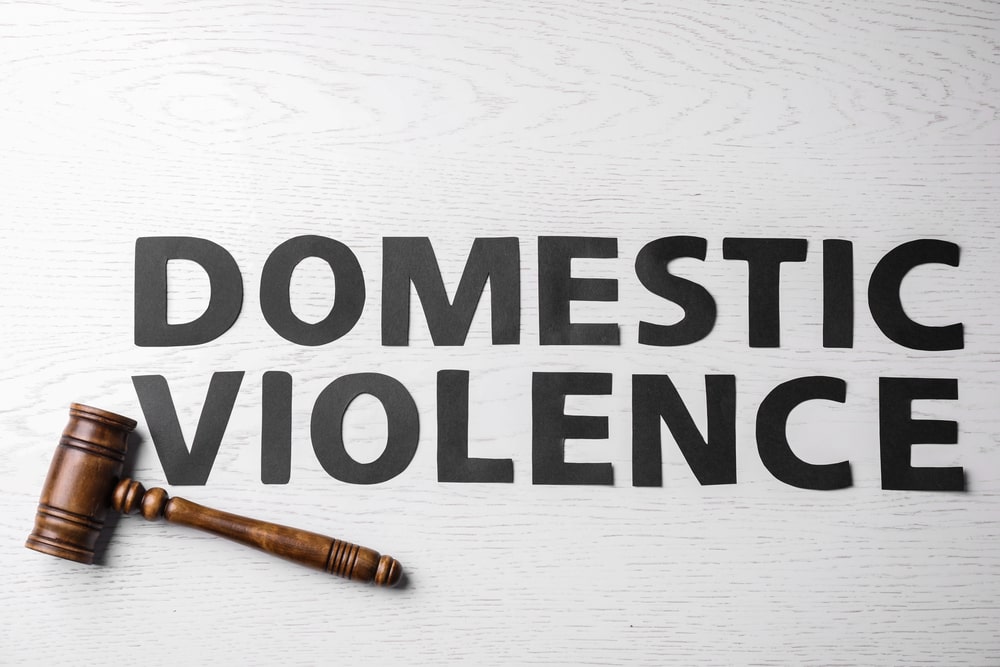
The domestic violence and stalking laws in Maine are currently being updated to address some shortcomings in the previous laws and to add clarity for both victims and accused parties[...]

In recent years, convictions for domestic violence offenses in Maine have increased as state prosecutors rigorously pursue cases. This has led to harsher penalties for offenders, which makes it even[...]
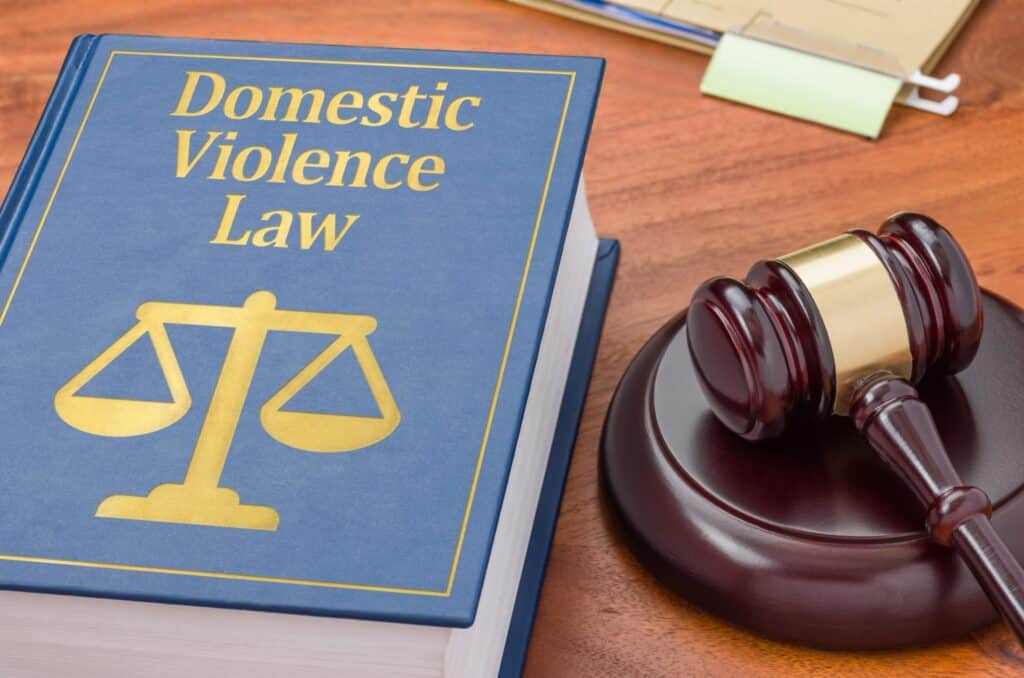
Crimes of domestic violence in the state of Maine can be confusing. This is because crimes of domestic violence are really just other crimes, like assault or battery, when those[...]

A protection from abuse order (PFA) can make it illegal for an individual to contact you or your children in the state of Maine. Filing a PFA is often a[...]
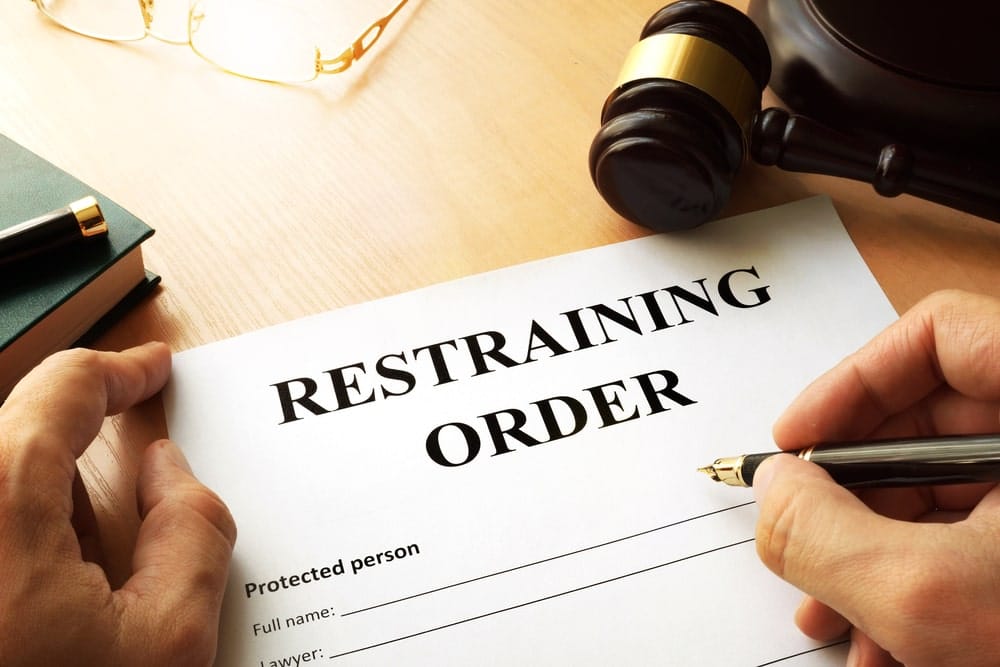
Protection from Abuse Orders (PFAs), such as restraining orders and no-contact orders, are frequently issued by the courts in domestic violence cases in Maine but are often confused. No contact[...]
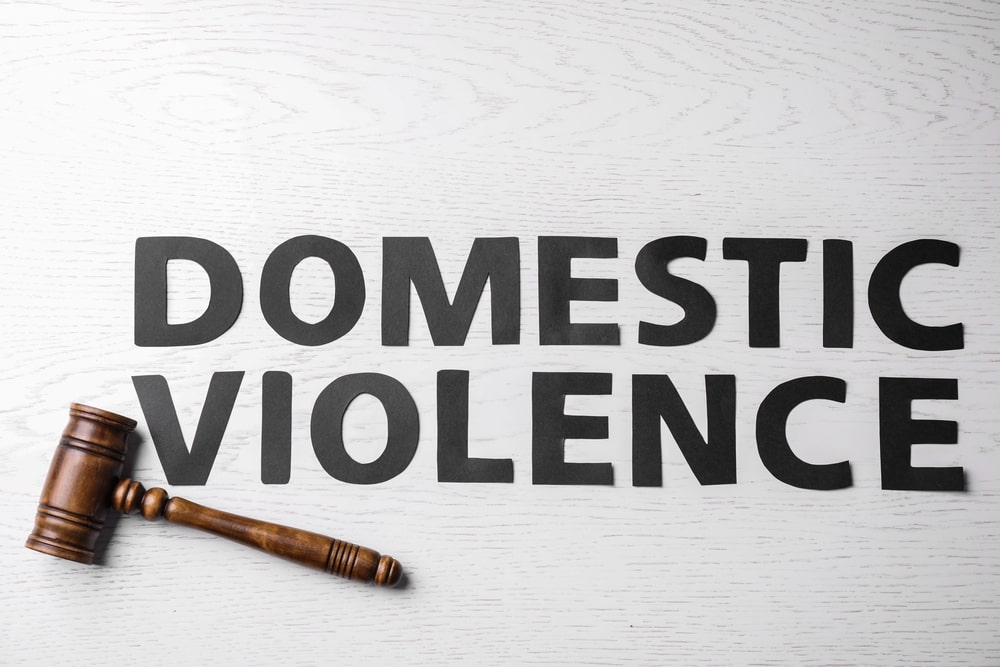
This article was updated March 6, 2025 Oftentimes what I see in these domestic violence situations is that a husband and wife get in a fight. They love each other[...]

Domestic violence cases can be some of the most challenging to deal with for everyone involved. Families with children can be thrown into turmoil with emotions running high. Many people[...]


